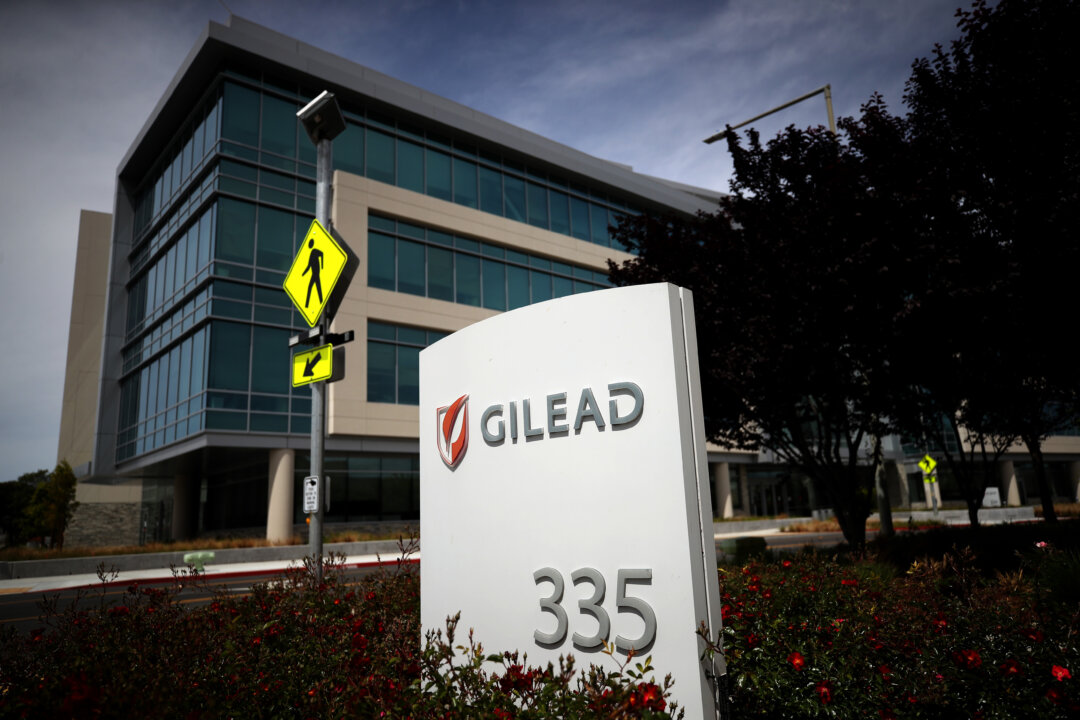BREAKING: FDA Approves New Twice-Yearly HIV Prevention Shot, Yeztugo
The United States has approved a new that requires just two injections per year — a significant step in the ongoing efforts to reduce new infections and offer more flexible prevention choices.
The injectable drug, , will be sold under the name for prevention purposes, according to , the manufacturer. The drug is already available under the brand for HIV treatment.
This twice-yearly shot offers long-acting protection against HIV and may be especially useful for people who find it difficult to stick to a daily pill regimen or make regular clinic visits. It is given as two injections under the skin of the abdomen every six months, allowing the medication to be slowly absorbed into the body over time.
In two large studies, lenacapavir performed better than existing daily pills, showing strong results in preventing HIV transmission among people at high risk. One of the trials focused on over 5,000 adolescent girls and young women in South Africa and Uganda. None of the participants who received the injection became infected, while around 2% of those using daily pills did.
Another study involving gay men and gender-diverse people across multiple countries, including the U.S., showed similar success.
“Now I forget that I’m on PrEP because I don’t have to carry around a pill bottle,” said , a participant in the U.S. trial and director of the Normal Anomaly Initiative, which works with Black LGBTQ+ communities in Houston.
Experts say the new option could appeal to individuals who experience stigma around daily PrEP (pre-exposure prophylaxis), or who want a lower-maintenance approach to HIV prevention.
Despite the positive outlook, challenges remain. Gilead has not yet announced the price of Yeztugo, and healthcare access in the U.S. and abroad may affect how widely it is used. Cuts to public health programs, insurance gaps, and limited access to care in some countries could hinder distribution.
“There are gaping holes in the system, both in the U.S. and globally,” said , public policy director at amfAR, The Foundation for AIDS Research. “It’s going to be difficult to not only get lenacapavir into people’s bodies but make sure they come back for their second shot.”
PrEP use remains relatively low, with only about currently using it, despite far more being eligible. Research shows that in places where PrEP is more commonly used, HIV rates have declined. But in areas with limited access, infections continue to rise.
Women and adolescent girls — especially in regions with high rates of HIV — could benefit greatly from a prevention method that doesn’t require a partner’s permission or daily action.
“Everyone in every country who’s at risk of HIV needs access to PrEP,” said Dr. Gordon Crofoot, who helped lead the U.S. trial. “We need more options that are easy to access and simple to follow through on.”
Yeztugo only prevents HIV, not other sexually transmitted infections. Still, experts believe its long-acting format could encourage more people to consider prevention.
As discussions around cost and global availability unfold, health advocates are pushing for broader distribution and reduced barriers, particularly in countries with high infection rates. While no single solution will end HIV, many believe that a range of accessible, easy-to-use prevention tools — like this shot — will play a key role in reducing new cases in the years ahead.










